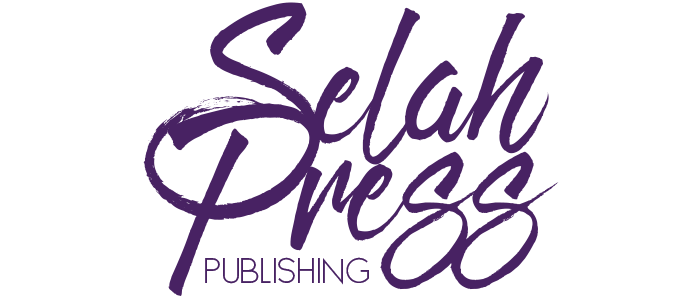I am often asked about Crowdfunding whether it is to publish a book, launch a website, release a CD or in general raise funds.
 In case you live in a cave and don’t know what crowdfunding is: “the practice of funding a project or cause by raising money from a large number of people, typically through the Internet. It is a form of peer-to-peer fundraising that harnesses the power of social networks to raise awareness and draw donations from around the world for online campaigns.” Dictionary.com
In case you live in a cave and don’t know what crowdfunding is: “the practice of funding a project or cause by raising money from a large number of people, typically through the Internet. It is a form of peer-to-peer fundraising that harnesses the power of social networks to raise awareness and draw donations from around the world for online campaigns.” Dictionary.com
This one gets top listing because it is the best Crowdfunding source to avoid multiple layers of fees. YouCaring is a free online fundraising platform that pioneered Compassionate Crowdfunding™—empowering people worldwide to rally support for personal and charitable causes without the fundraising fees associated with other sites. The only fee that is collected from your funds is the credit card processing fee.
GoFundMe is the number one fundraising platform—according to GoFundMe. There is no penalties for missing goal, no deadlines or goal requirements and you keep every donation you receive. Setting up the site is free. GoFundMe charges 5% plus a 2.9% credit card processing fee.
For authors and artists this is from How to Self-Publish: A Guide for Author-preneurs:
If you just read through the above list with fear and trepidation about your ability to do some of the steps yourself and cannot financially afford to pay someone to do many of these steps, you should consider crowdsourcing for funding. The Internet has made asking for money to fund your big idea easier than it has ever been. You can ask friends, friends of friends, family and friends of family, as well as complete strangers, for their assistance. You can use a variety of different platforms to create a fundraising campaign that can spread like wildfire through social media. After doing my research and having seen several campaigns, I would choose Kickstarter if I needed to raise funds for my project. Crowdfunding has become so popular now that there are even Crowdfunding Conferences around the world.
Kickstarter is a platform that specializes in helping you find funding for creative projects. You are in control of creating the campaign using pages, video and rewards for various funding levels. You set a deadline and funding goal for your project. People can make pledges towards your goal, but are not charged unless you meet your goal within the deadline.
It is wise to make your goal reasonable because a Kickstarter campaign is all-or-nothing. According to Kickstarter, currently 44% of projects have reached their goal on time. If your project is successfully funded, Kickstarter will charge a 5% fee of the funds collected.
Indiegogo is an international platform that can be used to raise funds for any type of project. You don’t owe any money until the campaign is successful. Indiegogo claims that you will gain global exposure from their one-click social media tools. This claim makes them unique.
On this platform you may choose to keep all the money you raise, even if you don’t reach your goal with Flexible Funding or opt for Fixed Funding, which means you only get the money if you reach your goal. With Fixed Funding, you will be charged 4% of your goal if and when you reach your goal. With Flexible Funding, you will pay a 9% fee of the money you have collected. The danger of choosing Flexible Funding is that your contributors will be expecting a finished product that looks as good as it would have been had you reached your goal.
Unbound specializes in funding authors. Unbound becomes both the fundraising platform and the publisher. Unbound splits the net profits of the book fifty-fifty with the author. If you support an Unbound author, your reward is your name printed in the back of the book and a limited edition copy of the book sent from Unbound. As you continue reading in this book, you will find that authors have the potential of making a much larger profit than fifty percent when they act as their own publisher.
Pubslush went under.













Leave a Reply